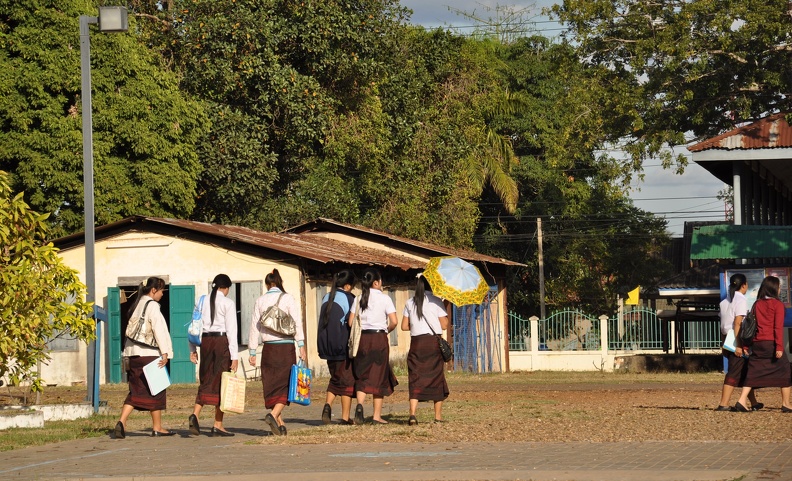Associate Professor Franklin Obeng-Odoom has published a new article in the Forum for Social Economics entitled “Afro-Chinese Labour Migration”. It can be found here.
Labour migration is, perhaps, the most widely discussed economic issue today. Yet, its underpinning theory and its empirical tests have remained largely Western-centric. In turn, the causes, effects, and policy options for the substantial, but widely neglected, Afro-Chinese labour migration, are poorly understood. By systematising existing data, this article shows that Afro-Chinese labour migration experience is far more complex than what neoclassical economics suggests. Driven, or, at least moulded, not so much by the migrant as a rational utility-maximising individual but by holistic processes of ‘circular, combined and cumulation causation’, Afro-Chinese migration, and Afro-Chinese relations, more generally, have contributed to economic growth, but at the cost of much socio-spatial displacement, and socio-ecological degradation. Added to these social costs is widespread labour exploitation. So, the insidious attempts by the state, business enterprise, corporate finance, and capital to consider migration as a ‘spatial fix’ for economic growth are questionable. Seeking to wall out migrants, embarking on widespread surveillance, pursuing migrant scape-goating, and framing migration as a Malthusian problem are, however, not a panacea. The social costs of migration need to be directly redressed, among others, by redesigning the institutions that shape the conditions of labour. Doing so would require leaving behind neoclassical economics theories of migration and exposing their vested interests. Social economics theories and theorising that more comprehensively address the labour migration problematique and strongly emphasise the coupling of migration, economic, and social policy can usefully be considered as alternatives.
